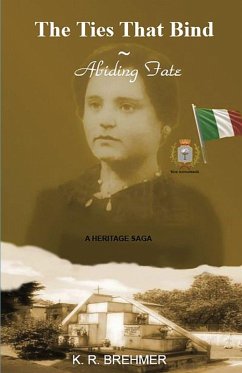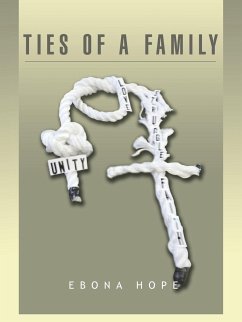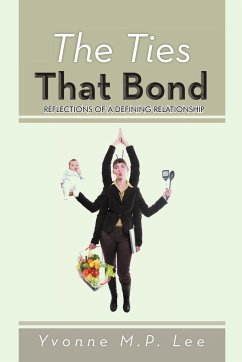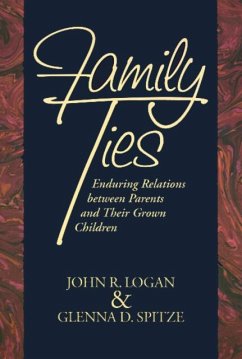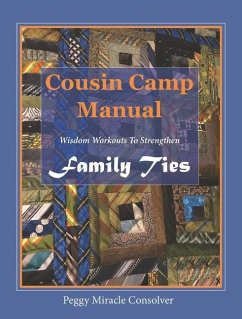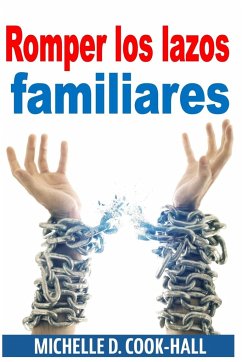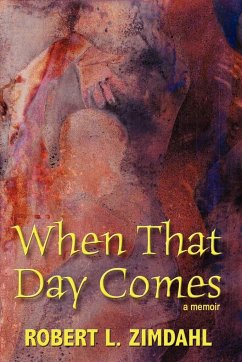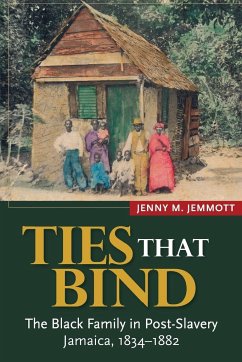
Ties That Bind
The Black Family in Post-Slavery Jamaica, 1834-1882
Versandkostenfrei!
Versandfertig in 1-2 Wochen
44,99 €
inkl. MwSt.

PAYBACK Punkte
22 °P sammeln!
Ties That Bindsignals a shift from the traditional focus by historians of the family on family forms and structure and instead assesses the relationships and interactions within Black family networks in the landscape of post-slavery Jamaica. Chronicled throughout this book are the issues which were intrinsic to the freed people’s notion of family well-being, including the need to reconstitute members separated by slavery, attainment of secure shelter, access to land and education for their children, assertion of parental control, autonomy over family labour and liberty and reclaiming the dig...
Ties That Bindsignals a shift from the traditional focus by historians of the family on family forms and structure and instead assesses the relationships and interactions within Black family networks in the landscape of post-slavery Jamaica. Chronicled throughout this book are the issues which were intrinsic to the freed people’s notion of family well-being, including the need to reconstitute members separated by slavery, attainment of secure shelter, access to land and education for their children, assertion of parental control, autonomy over family labour and liberty and reclaiming the dignity and personhood of family members. Presented here is evidence which challenges several stereotypical misrepresentations of the attitudes which Blacks had towards their families. The book is replete with cases of Black mothers and fathers, who by dint of their own persistence and sacrifice, ensured that their children had access to health care and education, thereby challenging contemporary stereotyping of Black parents as irresponsible and neglectful. In today’s context when social researchers are still focussed on trying to find the “invisible and marginal” Black male, the book presents abundant evidence of male activism on behalf of family and locates him as significant and central in the activation of his familial roles. Irrespective of challenges facing the family, the fact that so many Black Jamaicans engaged in some form of family advocacy in the worst of times, as well as in the best of times, affirms the endurance of the ties that bind, a theme which is central to this work.



